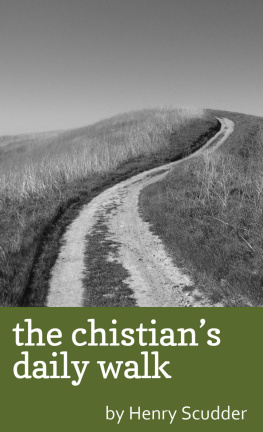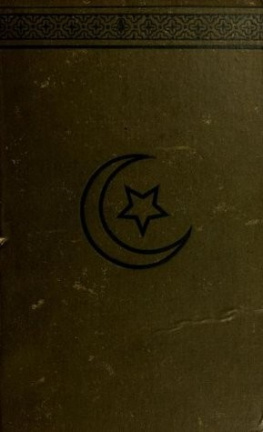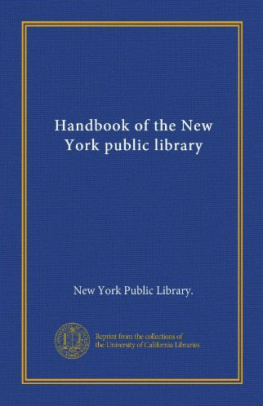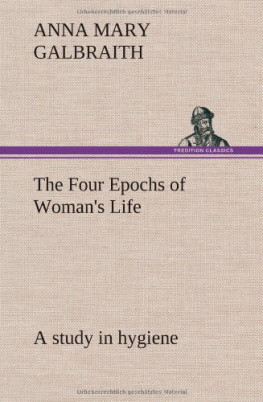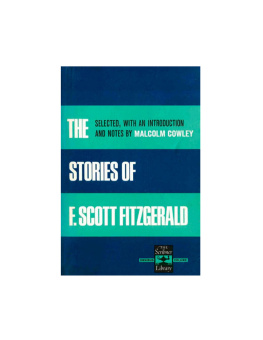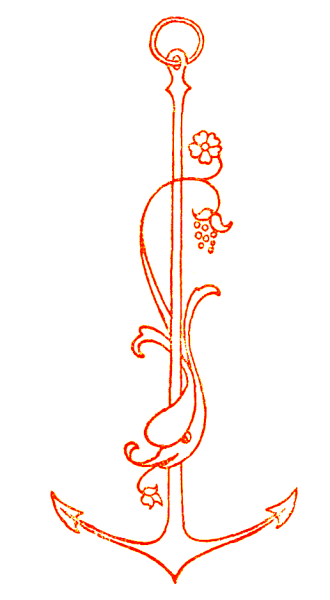Project Gutenberg's Confessions of a Book-Lover, by Maurice Francis Egan
This eBook is for the use of anyone anywhere at no cost and with
almost no restrictions whatsoever. You may copy it, give it away or
re-use it under the terms of the Project Gutenberg License included
with this eBook or online at www.gutenberg.org
Title: Confessions of a Book-Lover
Author: Maurice Francis Egan
Release Date: December 24, 2007 [EBook #24003]
Language: English
*** START OF THIS PROJECT GUTENBERG EBOOK CONFESSIONS OF A BOOK-LOVER ***
Produced by Elaine Walker, Janet Kegg and the Online
Distributed Proofreading Team at http://www.pgdp.net
CONFESSIONS OF A
BOOK-LOVER
BY
MAURICE FRANCIS EGAN
GARDEN CITY NEW YORK
DOUBLEDAY, PAGE & COMPANY
1922
COPYRIGHT, 1922, BY
DOUBLEDAY, PAGE & COMPANY
ALL RIGHTS RESERVED, INCLUDING THAT OF TRANSLATION
INTO FOREIGN LANGUAGES, INCLUDING THE SCANDINAVIAN
PRINTED IN THE UNITED STATES
AT
THE COUNTRY LIFE PRESS, GARDEN CITY, N. Y.
IN MEMORY OF
THEODORE ROOSEVELT
A MAN OF ACTION IN LOVE WITH BOOKS
CONTENTS
CHAPTER
- My Boyhood Reading
- Early Recollections.
- The Bible.
- Essays and Essayists.
- Poets and Poetry
- FranceOf Maurice de Gurin.
- Dante.
- English and American Verse.
- Certain Novelists
- Letters, Biographies, and Memoirs
- Books at Random
CONFESSIONS OF A
BOOK-LOVER
CHAPTER I
My Boyhood Reading
Early Recollections
To get the best out of books, I am convinced that you must begin to love these perennial friends very early in life. It is the only way to know all their "curves," all those little shadows of expression and small lights. There is a glamour which you never see if you begin to read with a serious intention late in life, when questions of technique and grammar and mere words begin to seem too important.
Then you have become too critical to feel through all Fenimore Cooper's verbiage the real lakes and woods, or the wild fervour of romance beneath dear Sir Walter's mat of words. You lose the unreclaimable flavour of books. A friend you may irretrievably lose when you lose a friendif you are so deadly unfortunate as to lose a friendfor even the memories of him are embittered; but no great author can ever have done anything that will make the book you love less precious to you.
The new school of pedagogical thought disapproves, I know, of miscellaneous reading, and no modern moralist will agree with Madame de Svign that "bad books are better than no books at all"; but Madame de Svign may have meant books written in a bad style, or feeble books, and not books bad in the moral sense. However, I must confess that when I was young, I read several books which I was told afterward were very bad indeed. But I did not find this out until somebody told me! The youthful mind must possess something of the quality attributed to a duck's back! I recall that once "The Confessions of Rousseau" was snatched suddenly away from me by a careful mother just as I had begun to think that Jean Jacques was a very interesting man and almost as queer as some of the people I knew. I believe that if I had been allowed to finish the book, it would have become by some mental chemical process a very edifying criticism of life.
"Tom Jones" I found in an attic and I was allowed to read it by a pious aunt, whom I was visiting, because she mixed it up with "Tom Brown of Rugby"; but I found it even more tiresome than "Eric, or Little by Little," for which I dropped it. I remember, too, that I was rather shocked by some things written in the Old Testament; and I retorted to my aunt's pronouncement that she considered "the 'Arabian Nights' a dangerous book," by saying that the Old Testament was the worst book I had ever read; but I supposed "people had put something into it when God wasn't looking." She sent me home.
At home, I was permitted to read only the New Testament. On winter Sunday afternoons, when there was nothing else to do, I became sincerely attached to the Acts of the Apostles. And I came to the conclusion that nobody could tell a short story as well as Our Lord Himself. The Centurion was one of my favourite characters. He seemed to be such a good soldier; and his plea, "Lord, I am not worthy," flashes across my mental vision every day of my life.
In the Catholic churches, a part of the Gospel is read every Sunday, and carefully interpreted. This always interested me because I knew in advance what the priest was going to read. Most of the children of my acquaintance were taught their Scriptures through the International Sunday-school lessons, and seemed to me to be submerged in the geography of Palestine and other tiresome details. For me, reading as I did, the whole of the New Testament was radiant with interest, a frankly human interest. There were many passages that I did not pretend to understand, sometimes because the English was obscure or archaic, and sometimes because my mind was not equal to it or my knowledge too small. Whatever may be the opinion of other people, mine is that the reading of the New Testament in the simplicity of childhood, with the flower of intuition not yet blighted, is one of the most beautiful of mental experiences. In my own case, it gave a glow to life; it caused me to distinguish between truth and fairy tales, between fact and fictionand this is often very difficult for an imaginative child.
This kind of reading implies leisure and the absence of distraction. Unhappily, much leisure does not seem to be left for the modern child. The unhappy creature is even told that there will be "something in Heaven for children to do!" As to distractions, the modern child is surrounded by them; and it appears to be one of the main intentions of the present system of instruction not to leave to a child any moments of leisure for the indulgence of the imagination. But I am not offering the example of my childhood for imitation by the modern parents.
Nevertheless, it had great consolations. There were no "movies" in those days, and the theatre was only occasionally permitted; but on long afternoons, after you had learned to read, you might lose yourself in "The Scottish Chiefs" to your heart's content. It seems to me that the beauty of this fashion of leisurely reading was that you had time to visualize everything, and you felt the dramatic moments so keenly, that a sense of unreality never obtruded itself at the wrong time. It was not necessary for you to be told that Helen Mar was beautiful. It was only necessary for her to say, in tones so entrancing that you heard them, "My Wallace!" to know that she was the loveliest person in all Scotland. But "The Scottish Chiefs" required the leisure of long holiday afternoons, especially as the copy I read had been so misused that I had to spend precious half hours in putting the pages together. It was worth the trouble, however.
Before I could read, I was compelled on rainy days to sit at my mother's knee and listen to what she read. I am happy to say that she never read children's books. Nothing was ever adapted to my youthful misunderstanding. She read aloud what she liked to read, and she never considered whether I liked it or not. It was a method of discipline. At first, I looked drearily out at the soggy city street, in which rivulets of melted snow made any exercise, suitable to my age, impossible. There is nothing so hopeless for a child as an afternoon in a city when the heavy snows begin to melt. My mother, however, was altogether regardless of what happened outside of the house. At two o'clock preciselyafter the manner of the King in William Morris's "Earthly Paradise"she waved her wand. After that, all that I was expected to do was to make no noise.



